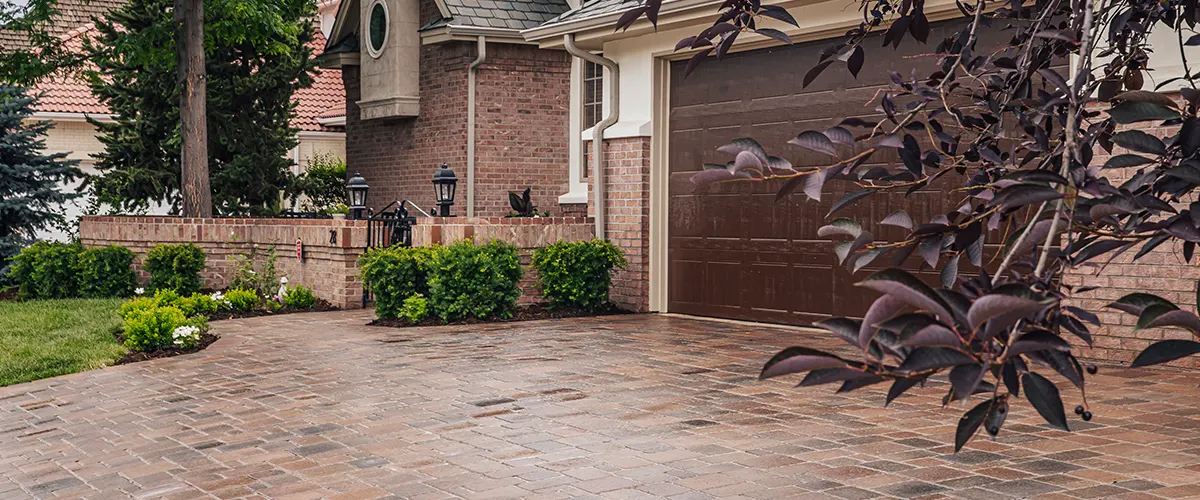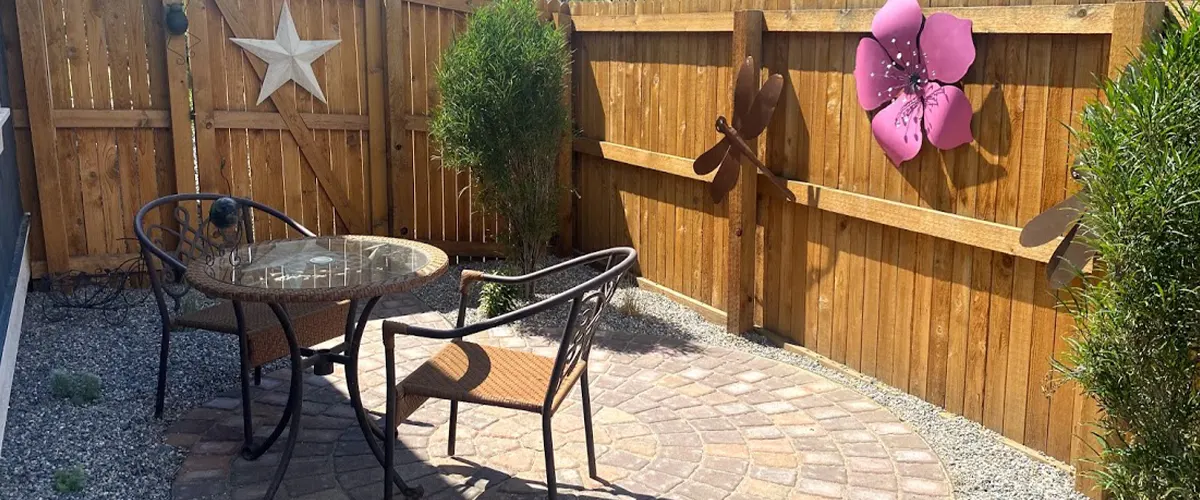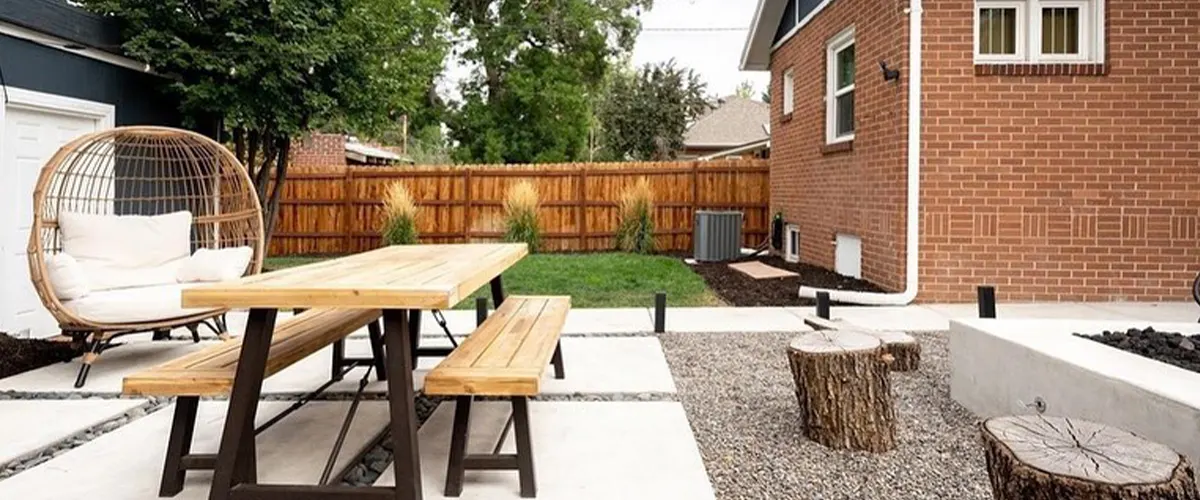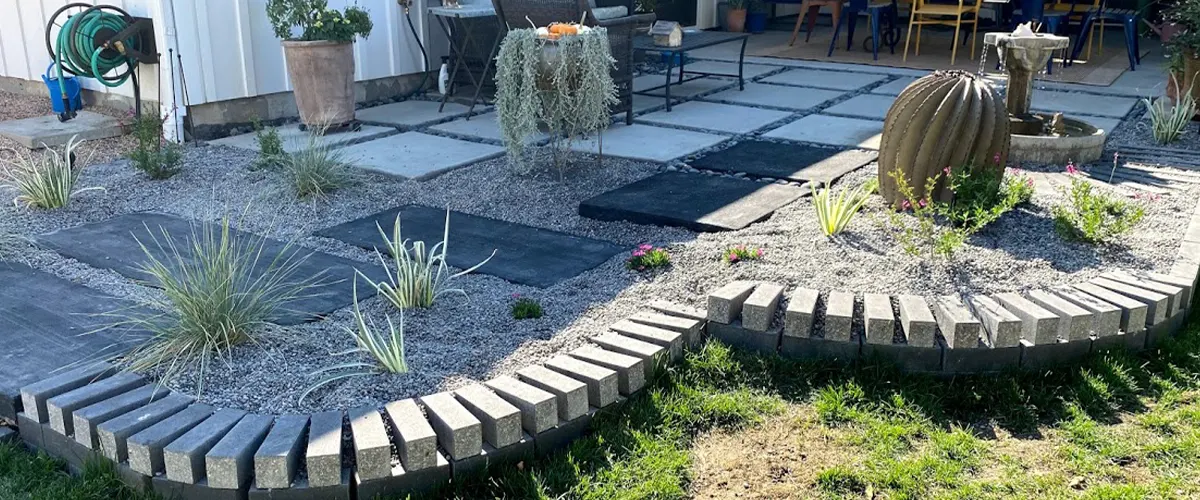If you’ve ever had a concrete or brick paver patio, walkway, or driveway, you may have wondered if you need to seal the pavers. The short answer is: it depends. Pavers are the perfect way to add a stylish and functional touch to your outdoor space. Whether they’re used for pathways, driveways, or patios, pavers can provide an extra level of durability and longevity.
However, it’s important to properly maintain them in order to keep them looking their best. One key question many people have is “do pavers need to be sealed?”. Let’s take a look at this issue and find out if sealing pavers is something you should be doing.

What Does Sealing Do?
Sealing your pavers helps protect them from the elements by forming a protective layer over the surface. It also helps prevent staining from oil and other liquids that might be spilled on them, as well as dirt build-up from everyday use. Finally, sealing can give your pavers an extra bit of shine and make them look even better than before!
This is also applicable for homeowners who want to improve the durability of their pavers around pool decks.

The Benefits of Sealing Pavers
Why Seal Pavers?
The main benefit to seal your pavers is to increase their lifespan and prevent staining. Paver sealer acts as a barrier between the paver and the elements, protecting it against dirt, stains, water damage and other environmental pollutants. Additionally, sealing your pavers will protect it from fading due to UV rays. This means that your pavers will stay looking vibrant and new for longer than they would without a sealer applied.
Additionally, sealing your pavers helps protect against weed growth between joints as well as ants or other pests entering the area through small gaps in the paving stones. Applying an appropriate sealant will also help reduce any slipping hazards on wet surfaces, giving you peace of mind that everyone using the paver area is safe from harm.
Sealers come in either matte or glossy finishes depending on what kind of look you’re going for with your outdoor space. A matte finish shows off all the natural texture of the stone while a glossy finish gives it an extra shine – so choose whichever option suits you best!
Finally, one of the most important benefits of sealing your pavers is that it makes them easier to clean in the future – which saves you time and effort down the line! Allowing dirt and grime to build up over time can make cleaning much more difficult later on – but with regular maintenance, thanks to sealing, this should never become an issue.

When To Seal Your Pavers
The answer to this question depends on how often you use your paver surfaces and what type of climate you live in. Generally speaking, it’s best to seal new pavers as soon as possible after installation in order to ensure long-term protection against the elements.
If you live in an area with lots of rain or snow, then sealing should be done more frequently (every 1-2 years). In areas with dry climates, sealing can usually be done every 3-5 years, depending on usage levels. However, not all types of pavers require sealing; let’s take a look at the various paver varieties and when sealing should be done.
Concrete Pavers: Concrete pavers are the most common type of paver and require the most maintenance. These pavers need to be sealed for protection against weathering, fading, staining, and oil or grease spills. For best results, concrete pavers should be sealed every two to three years.
Brick Pavers: Brick pavers are also quite common and can last for decades with proper maintenance. Like concrete pavers, brick pavers should be sealed every two to three years for protection against fading, staining, oil or grease spills, and other forms of damage. It is recommended that you use a low-VOC sealer on brick pavers as these can cause discoloration over time.
Natural Stone Pavers: Natural stone such as flagstone or bluestone requires less maintenance than concrete or brick but still needs some attention from time to time. Natural stone should only be sealed if it is very porous—otherwise it will have trouble retaining moisture and could become damaged due to freeze-thaw cycles. If your natural stone is highly porous, then it should be sealed every two to three years with a high-quality sealer designed specifically for natural stone surfaces.

Conclusion
Deciding whether or not to seal your pavers is a big decision. If you take the time to do the research on sealing pavers, you will be able to make an informed decision on what is best for your home or business.
There are many things to consider when it comes to sealing pavers, but ultimately it is up to you as the homeowner or business owner to decide what works best for you. if you need help making a decision or would like to have your pavers installed, contact us today by requesting a free quote or by giving us a ring at (720) 580-3677 to get started on your next project!
